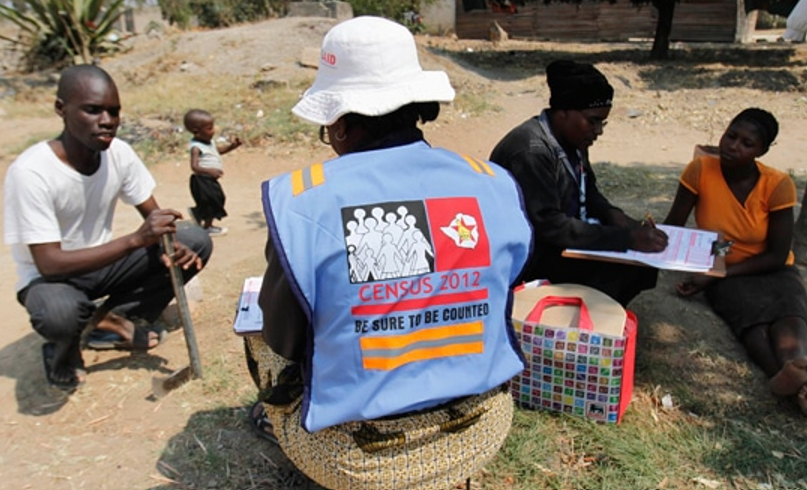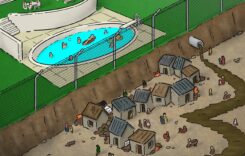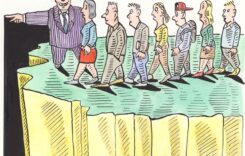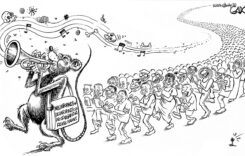Zimbabwe began the 2022 census on April 21.
The census, conducted by the statistics agency Zimstat every 10 years, aims to find out how many people are living in the country. It may also be used to estimate the number of Zimbabweans living abroad. But is that all it does?
A ZimFact reader asked us: “Why do we have to answer questions about the type of floors we have or what we use for cooking?”
Apart from counting people, a census is also used to find out more about Zimbabweans and how they live. This includes factors such as unemployment, access to basic services, or people’s standards of living.
According to Zimstat spokesperson Mercy Chidemo: “Our questionnaire has several modules. There is a demography module, functionality, immigrations, mortality, education, labour force and housing characteristics.”
This helps generate the data that government needs to respond to social trends in the country.
For example, Zimstat enumerators will ask about the type of floor or roof at your house, what you use for washing, personal hygiene, or what energy source the family uses for cooking. These questions generate important data on the standard of living and access to basic services, according to Tinofa Mutevedzi, a demographer and population health specialist.
“Those questions are found in all censuses in the developing world to measure access to basic services; a) energy source (lighting and cooking), water (tap, borehole or open well/river), and housing, such as the type of building including walls, roof and floor types,” Mutevedzi tells ZimFact.
Questions on employment and access to water and electricity have featured in previous censuses in Zimbabwe.
What happens elsewhere?
South Africa’s census questionnaire also asks about “construction material of outer walls, floor, roof”. This, according to Stats SA, “identifies standards of living/peoples’ welfare,” and the “information (is) to be used in generating economic and social indicators.”
On employment, census enumerators ask whether you are employed or not. They may also go further and ask if you are actively looking for a job, and how soon you would be able to start a job if it arose. This question, which is also asked in the UK’s census questionnaire, is meant to understand more about employment trends.
A census will also ask about education levels. This way, government can, for example, get data on factors such as how many people living in an area have attained basic education, or how many women have tertiary qualifications.
According to Zimstat director-general Mr Taguma Mahonde: “Please note that in line with the Census and Statistics Act, all information collected during the population housing census enumeration exercise is confidential and will be used for statistical purposes only.”
Do you want to use our content? Click Here












